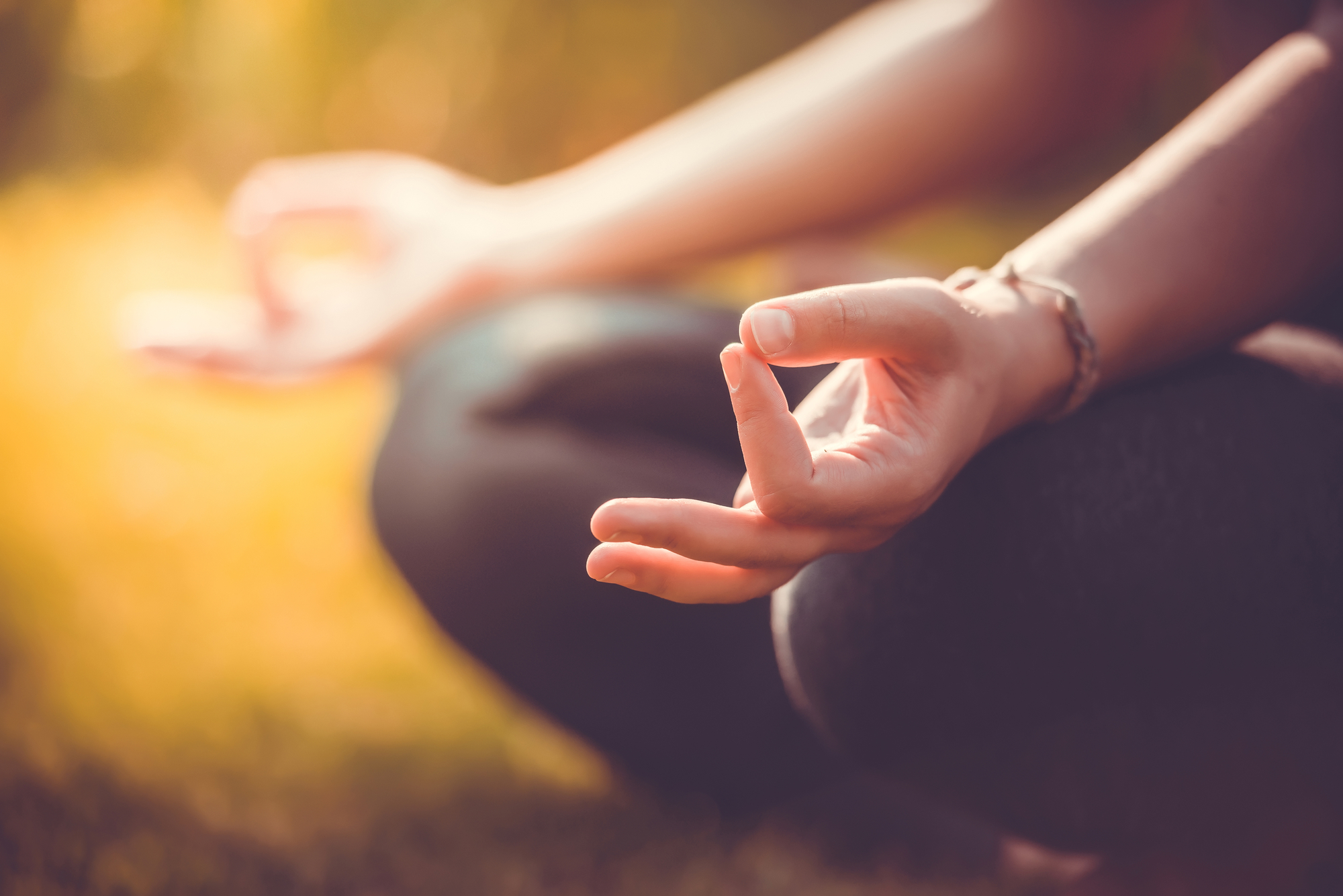
Taking good care of yourself is essential, no matter where you are in your recovery journey. There are many different ways to perform self-care, but focused breathing and meditation are among popular and can be done from the comfort of home, and can be especially important at this time.
Meditation
Meditation is a practice that requires you to clear your mind and narrow your focus. It’s about training in awareness and getting a healthy sense of perspective. You’re not trying to turn off your thoughts or feelings. You’re learning to observe them without judgment. And eventually, you may start to better understand them as well. Meditation may not come naturally but becomes easier and more rewarding with practice, it’s like learning any other skill. Think of it like exercising a muscle that you’ve never really worked out before. It takes consistent practice to get comfortable. And it’s usually easier if you have a teacher or talk with someone who meditates and ask their experience. Begin by finding a quiet, comfortable spot in your home where you can meditate without disturbance or distraction. Some people prefer to dim the lights or light a candle.
One approach is to narrow your focus to one thing. That can be a visual point within your space, or a mantra, which is a repeated word, phrase or recovery slogan. If you find your mind wandering, simply refocus on your chosen object or mantra. Begin by practicing this form of meditation for a short period of time, then extend the length of your sessions as you improve. To start 2 – 5 minutes is good and increase from there up to 10 – 45 minutes or more.
Another meditation approach is called mindfulness meditation. With this technique, you pay close attention to the thoughts that pass through your mind, making no effort to control or focus those thoughts. Pay attention to the patterns your thoughts take and reflect on how various thoughts make you feel.
Breathing
Your breath is a powerful tool to ease and make you feel less anxious. Some simple breathing exercises can make a big difference if you make them part of your regular routine.
Focused breathing is another outstanding relaxation technique. A growing body of evidence supports the power of breathing exercises to reduce stress, manage anxiety, and help you achieve more balance in your daily life. As with meditation, try to find a comfortable and quiet place to practice breathing techniques.
Breath focus is a good technique to try as you explore focused breathing. Begin by sitting or lying in a comfortable position. Alternate between normal breathing and deep breaths and play close attention to the difference in how your body feels as you change breathing techniques. This practice can slow your heart rate, calm your mind, and help you relax, all important parts of a successful recovery and peace of mind.
Equal breathing is also a good exercise to try. This technique focuses on trying to inhale and exhale at the same rate. Count as you take air in, then allow a brief pause before you count as you exhale. Within a short period of time you’ll get better at modulating your breathing in this way.
Meditation and breathing techniques can help you move toward balance as you progress in your recovery. Many breathing exercises take only a few minutes. When you have more time, you can do them for 10 minutes or more to get even greater benefits. These tools are an outstanding way to calm your mind and feel more connected with your body.
Learn more about self-care through some of the excellent reading resources available at my12stepstore.com
